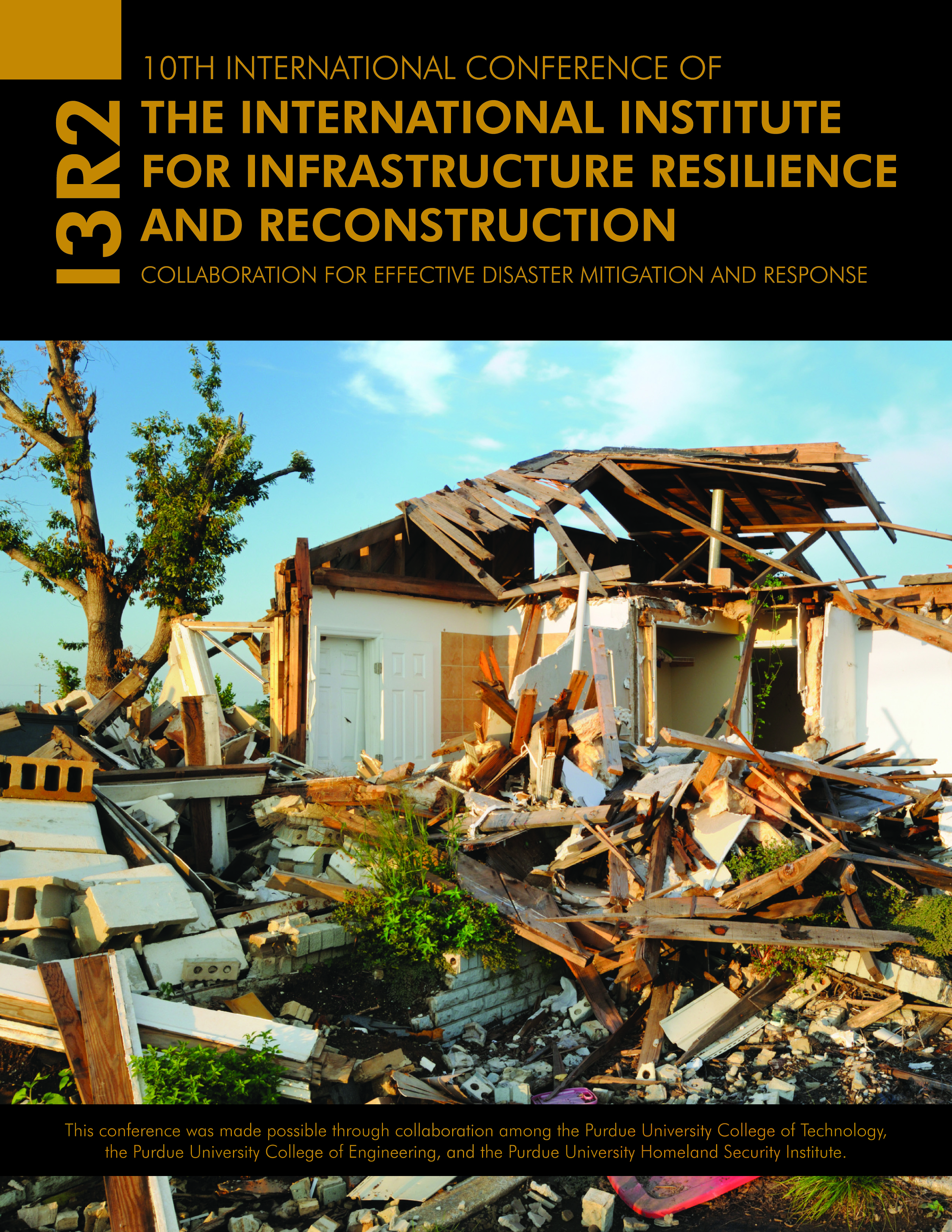Abstract
Reconstruction and development in poor, fragile countries present a double challenge: tackling the issues of poverty and underdevelopment as well as the constraints posed by instability, poor governance, and weak capacity. This context generates a range of problems that include: insecurity, insufficient planning, inadequate implementation capacity, poor financial management, misprocurement, corruption, a volatile fiscal environment, ineffective donor coordination, and negative environmental and social impacts. The paper draws lessons from positive and negative experiences in meeting these challenges in three conflict- and/or disaster-affected cases: Aceh Province, Indonesia (postdisaster reconstruction and postconflict development following the tsunami and earthquakes of 2004), Haiti (postdisaster recovery following the earthquake of 2010), and South Sudan (postconflict development following independence in 2011). These lessons are then organized in an assessment framework of risks and mitigation measures to assist academics and practitioners to understand and address the challenges of reconstruction and development in fragile states.
Keywords
reconstruction, development, poverty, fragility, conflict, Aceh, Haiti, South Sudan, risks, mitigation
DOI
10.5703/1288284315346
Recommended Citation
Leitmann, J. (2014). Meeting the Challenge of Reconstruction and Development in Fragile States: Lessons from Aceh, Haiti, and South Sudan. In Randy R. Rapp & William Harland (Eds.), The Proceedings of the 10th International Conference of the International Institute for Infrastructure Resilience and Reconstruction (I3R2) 20-22 May 2014. (207-211). West Lafayette, Indiana: Purdue University.
Included in
Growth and Development Commons, Organization Development Commons, Other International and Area Studies Commons, Peace and Conflict Studies Commons, Policy Design, Analysis, and Evaluation Commons, Political Economy Commons, Public Policy Commons
Meeting the Challenge of Reconstruction and Development in Fragile States: Lessons from Aceh, Haiti, and South Sudan
Reconstruction and development in poor, fragile countries present a double challenge: tackling the issues of poverty and underdevelopment as well as the constraints posed by instability, poor governance, and weak capacity. This context generates a range of problems that include: insecurity, insufficient planning, inadequate implementation capacity, poor financial management, misprocurement, corruption, a volatile fiscal environment, ineffective donor coordination, and negative environmental and social impacts. The paper draws lessons from positive and negative experiences in meeting these challenges in three conflict- and/or disaster-affected cases: Aceh Province, Indonesia (postdisaster reconstruction and postconflict development following the tsunami and earthquakes of 2004), Haiti (postdisaster recovery following the earthquake of 2010), and South Sudan (postconflict development following independence in 2011). These lessons are then organized in an assessment framework of risks and mitigation measures to assist academics and practitioners to understand and address the challenges of reconstruction and development in fragile states.



